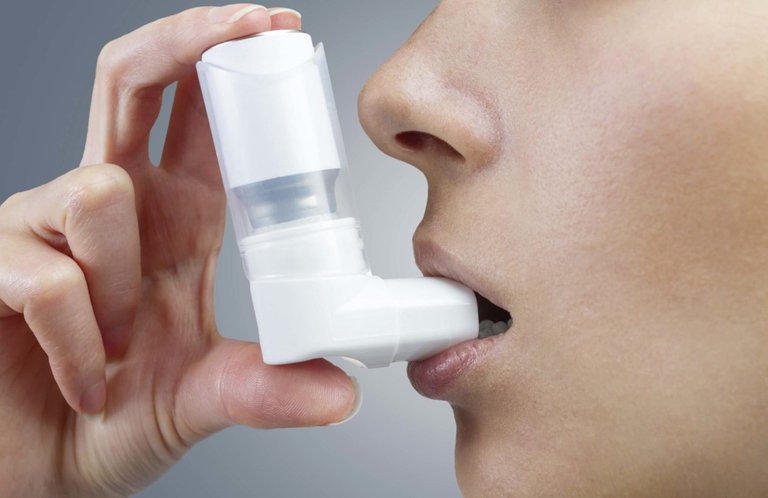How to Treat Asthma
The precise cause of the debilitating disease, asthma, is unknown, but it is generally assumed that the immune system is involved.
Asthmatic attacks can be triggered by various triggers, including pollen, moulds, insects, house dust, food, food additives and even sudden exercise.
In some severe cases of the disease, the asthmatic receives some sort of drug therapy, frequently for long periods or even life-long. Although this may help, these drugs act mostly to control the symptoms only, and unfortunately their use is frequently accompanied by a variety of side-effects; insomnia, nervousness, headaches and more.
Some of these side effects are related to the micronutrient defficiencies induced by these drugs. Cortisone, one of the drugs used, is known to affect the status of serveral important nutrients like vitamin B6, folic acid and zinc. Adversely it affects the immune system.
Because of these micronutrient defficiencies, asthmatics should therefore take a reliable vitamin/mineral in slow release form which contains at least 10mg of Vitamin B6. Correct supplementation with vitamin C has much value as an adjunct to conventional drug therapy in the management of the asthmatic patient. As in the case of the common cold, effects are only seen when enough vitamin C, preferably in divided daily doses, is given. Effective doses range from 1000-3000 mg per day. Also, magnesium has been referred to as the magic mineral for the asthmatic for various reasons.
Magnesium plays a key role in energy production in the body, and in the asthmatic patient, due to a relative oxygen deficiency, energy production is inefficient. Magnesium blood levels fall in the asthmatic patient during attacks. It has also been shown that magnesium administration via inhalation or injection during asthmatic attacks, is beneficial for the patient.
Other practical advice the asthma sufferer could follow is to not smoke, and to drink enough fluids.
To make sure they get the nutrients they need, the asthma patient should change to a healthy diet. It should be determined through systematic exclusion, which foods and other triggers in the environment cause asthmatic attacks, and how to avoid them.
Special focus should be placed on the needed nutrients, and should be supplemented as needed. First would be to take a good multivitamin/mineral, in slow release form. Secondly, Vitamin B6, 10mg, also slow release. Vitamin C, 1000 - 3000 mg daily in divided doses. Thirdly, Magnesium should be taken, 300 - 400 mg daily.
Sources:
Your Gateway to Health and Wealth, Prof. Willem Serfontein
https://www.nhs.uk/conditions/asthma/treatment/
Posted with STEMGeeks
